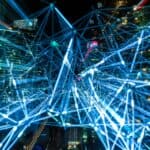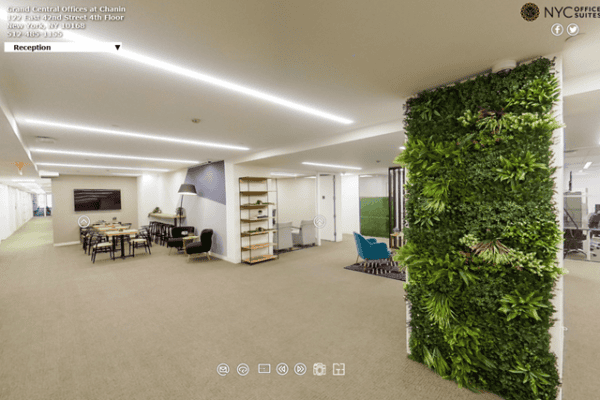
How AI is Revolutionizing Commercial Photography
December 7, 2023
Immersive Journeys: Unveiling the Power of 360 Virtual Tours with Data
January 4, 2024The rise of AI in photography brings exciting possibilities but also raises complex ethical concerns. Here are some key considerations:
Authenticity and Transparency:
- Blurring the Lines: AI can seamlessly manipulate images, making it hard to distinguish genuine moments from fabricated ones. This threatens the concept of photography as a truthful medium, especially in journalism and documentary fields.
- Disclosure and Labeling: It’s crucial to disclose the use of AI and label manipulated images to foster transparency and avoid misleading viewers.
Representation and Bias:
- Algorithmic Bias: AI algorithms learn from data sets, which can contain biases against certain groups. This can lead to perpetuating harmful stereotypes in photography, misrepresenting individuals and communities.
- Diversity and Inclusivity: AI-generated imagery often reflects existing trends and may lack representation of diverse bodies and stories. Photographers should be mindful of this and actively seek inclusivity in their work.
Privacy and Consent:
- Facial Recognition: AI tools can identify individuals in photos, raising privacy concerns. It’s important to obtain informed consent before using AI on images that contain personally identifiable information.
- Misuse and Deepfakes: AI can be used to create deepfakes, manipulating people’s appearances and words. This poses serious ethical concerns about misinformation and potential harm to individuals.
Creative Ownership and Attribution:
- Who Owns the Image?: When AI generates images, who owns the copyright? Clear guidelines and legal frameworks are needed to address ownership and attribution of AI-generated photographs.
- Human Artist’s Role: AI tools assist photographers, but the human contribution still matters. Crediting both the photographer and the AI tool ensures fair recognition for creative input.
Impact on the Photography Profession:
- Automation and Job Displacement: Some fear AI will automate certain photography tasks, leading to job losses. However, AI can also empower photographers by enhancing their tools and workflows.
- Ethical Use and Education: Photographers need to be educated about the ethical implications of AI and develop responsible practices for integrating it into their work.
Navigating these ethical considerations requires continuous dialogue and collaboration among photographers, technologists, and policymakers. As we embrace the potential of AI in photography, it’s crucial to prioritize ethical principles and ensure its use promotes fairness, accuracy, and creative expression.
I hope this provides a helpful overview of the ethical landscape surrounding AI in photography. Feel free to ask any further questions you may have about specific aspects!




